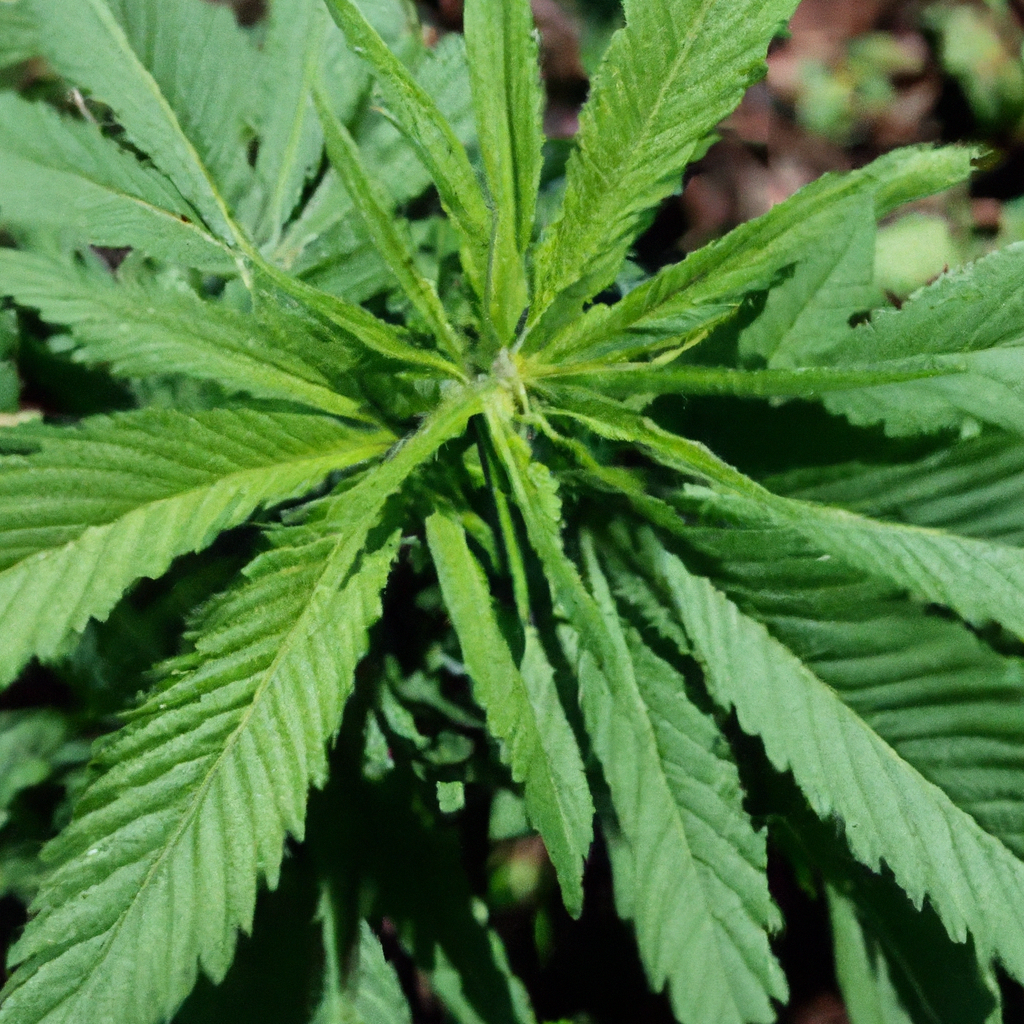Your cart is currently empty!
As cannabis growers increasingly seek eco-friendly and health-conscious methods, organic cultivation offers a sustainable path forward. In this guide, we dive into best practices for cultivating cannabis organically, from utilizing natural fertilizers and compost to employing eco-friendly pest control methods.
1. Harnessing the Power of Natural Fertilizers
Natural fertilizers are the backbone of organic cultivation, providing essential nutrients without harmful synthetic chemicals. Here’s how to get started:
- Compost: Create your nutrient-rich compost from kitchen scraps and yard waste. It enriches the soil by adding vital nutrients.
- Worm Castings: These offer a concentrated source of nutrients and improve soil structure, aeration, and moisture retention.
- Bone Meal: High in phosphorus, it’s a great choice for boosting bloom production.
2. Building a Thriving Soil Ecosystem
A healthy soil ecosystem is crucial for nutrient absorption and plant health. Here’s how you can foster such an environment:
- Beneficial Microbes: Introduce mycorrhizal fungi and bacteria to enhance nutrient uptake and protect against diseases.
- Cover Crops: These prevent erosion, suppress weeds, and improve soil fertility and biodiversity.
- Crop Rotation: Rotate different plant families each season to maintain soil health and prevent pest buildup.
3. Eco-Friendly Pest Control Practices
Maintaining organic integrity means managing pests naturally. Consider these sustainable strategies:
- Beneficial Insects: Introducing ladybugs and predatory mites helps control aphid and spider mite populations.
- Neem Oil: This natural oil effectively deters various pests and also has fungicidal properties.
- Companion Planting: Planting herbs like basil and marigold can naturally repel harmful insects and attract beneficial ones.
4. Promoting Sustainability in Growing Operations
Organic practices go beyond plant care. Sustainability involves adopting a holistic approach to your growing operations:
- Water Conservation: Implement drip irrigation and rainwater harvesting to reduce water usage.
- Renewable Energy: Power your grow operations using solar panels to reduce carbon footprints.
- Minimal Waste: Recycle plant waste into compost and utilize biodegradable materials for packaging and potting.
Conclusion
Organic cannabis cultivation offers numerous advantages for both the planet and consumers, producing cleaner, safer, and more flavorful cannabis. By following these organic practices, you not only enhance the quality of your yields but also contribute positively to environmental sustainability.
Remember, the journey towards organic cultivation is as rewarding as the results it yields—healthier plants, richer flavors, and a greener planet.
Tags: OrganicGrowing, NaturalFertilizers, Compost, PestControl, SustainablePractices
Discover more from Magic Clones
Subscribe to get the latest posts sent to your email.


Leave a Reply